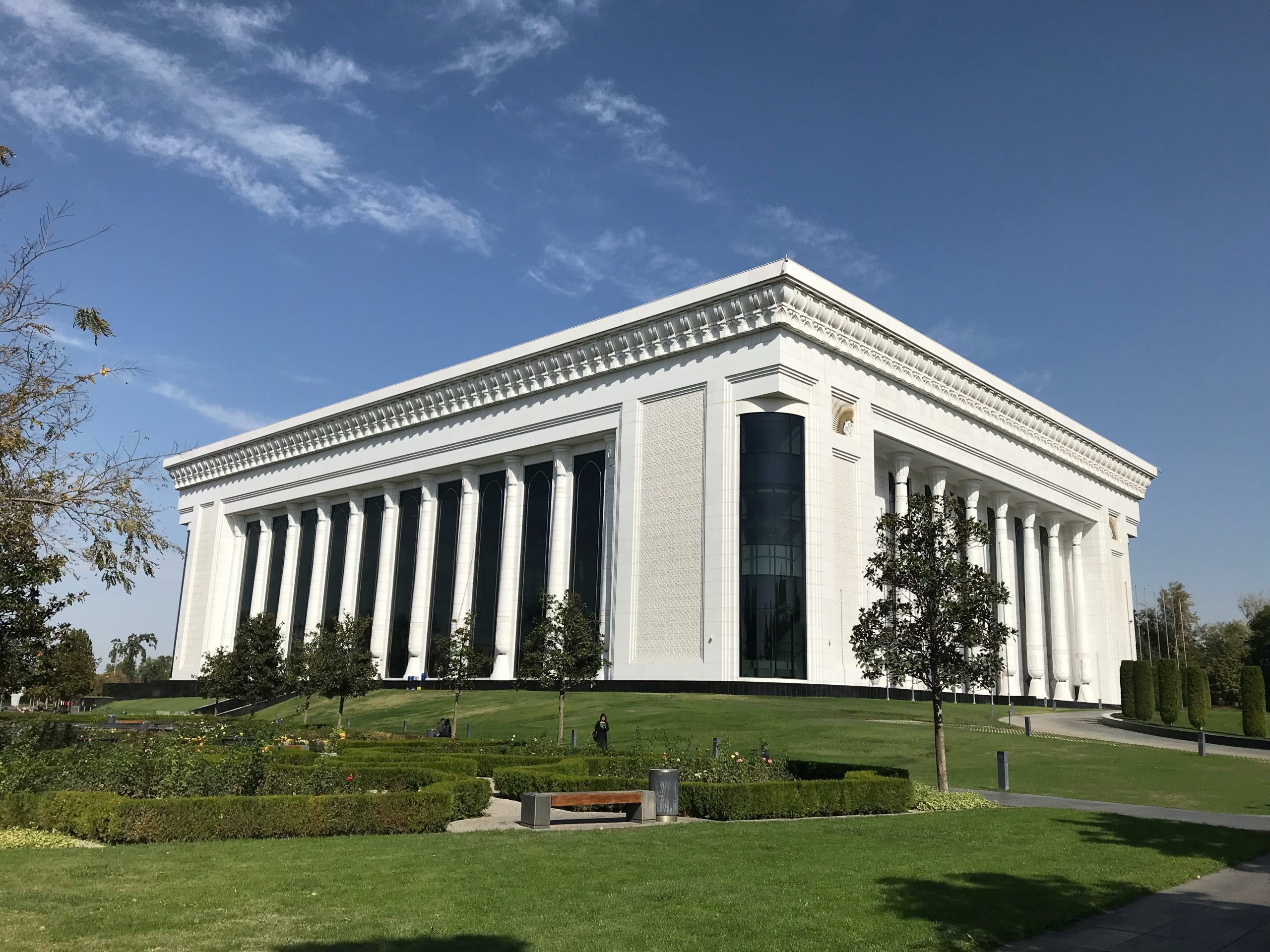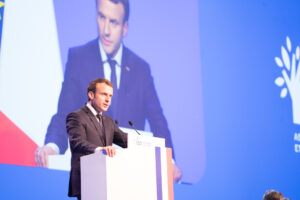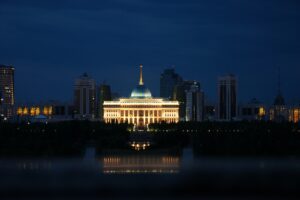
Pakistan, Turkey and Iran leaders in Uzbekistan for ECO summit
The leaders of Pakistan, Turkey and Iran arrived in Uzbekistan on Thursday for a regional economic summit, amid a diplomatic push by the Muslim countries to assert their influence in Central Asia.
The summit of the Economic Cooperation Organization (ECO), a 10-member bloc of mostly Muslim nations, was expected to focus on trade, humanitarian cooperation and transport in the landlocked region that seeks to gain access to the sea via Pakistan, Iran and Turkey.
But the conflict in Gaza, where a monthlong war between Israel and the Palestinian group Hamas has killed more than 12,000 people, also loomed large over the meeting. The Turkish president, Recep Tayyip Erdogan, and the Iranian president, Ebrahim Raisi, spoke out against Israel and the West, accusing them of hypocrisy and crimes in Gaza. Mr. Erdogan also urged the Muslim countries to defend the Palestinian cause.
“We cannot remain silent in the face of the oppression and injustice that our Palestinian brothers and sisters are subjected to,” Mr. Erdogan said in his speech at the summit. “We have to stand by them with all our means and capabilities.”
Mr. Raisi echoed Mr. Erdogan’s sentiments, saying that the Muslim world should not allow the “Zionist regime” to continue its “savage attacks” on Gaza. He also criticized the Western countries for imposing sanctions on Iran over its nuclear program, which he said was peaceful and aimed at development.
“The Islamic Republic of Iran is ready to cooperate with all the ECO member states in various fields, especially in the energy sector, without any restrictions,” Mr. Raisi said.
The Pakistani prime minister, Anwaar ul Haq Kakar, who took office in September after a military coup, also attended the summit, his first foreign trip since assuming power. He met with Mr. Erdogan and Mr. Raisi on the sidelines of the summit, and discussed the situation in Afghanistan, where the Taliban have been fighting a protracted war against the government and its Western allies.
Mr. Kakar expressed his support for a peaceful and inclusive political settlement in Afghanistan, and called for more regional cooperation to address the humanitarian crisis and the threat of terrorism in the war-torn country.
The ECO summit coincided with a visit by the Russian president, Vladimir Putin, to Kazakhstan, another Central Asian nation that is a member of the bloc. Mr. Putin held talks with his Kazakh counterpart, Kassym-Jomart Tokayev, in Astana, the capital, and signed a joint statement to mark the 10th anniversary of their Treaty on Good-neighborly Relations and Alliance in the 21st Century.
The Kremlin denied that the issue of Kazakh-French relations was on the agenda, after Mr. Tokayev hosted the French president, Emmanuel Macron, last week, in a bid to boost economic and strategic ties with the European Union.
Russia has traditionally been the dominant power in Central Asia, a region that was once part of the Soviet Union. But in recent years, China has emerged as a key player, investing billions of dollars in infrastructure projects under its Belt and Road Initiative. Turkey and Iran have also sought to expand their cultural and religious influence, while the United States has pursued security and energy interests.
The ECO summit was seen as an opportunity for the Muslim countries to showcase their solidarity and cooperation, as well as to challenge the Western hegemony in the region.
“The ECO is not only an economic organization, but also a political one,” Mr. Erdogan said. “It is a platform where we can raise our voice against the injustices and double standards that we face in the international arena.”

